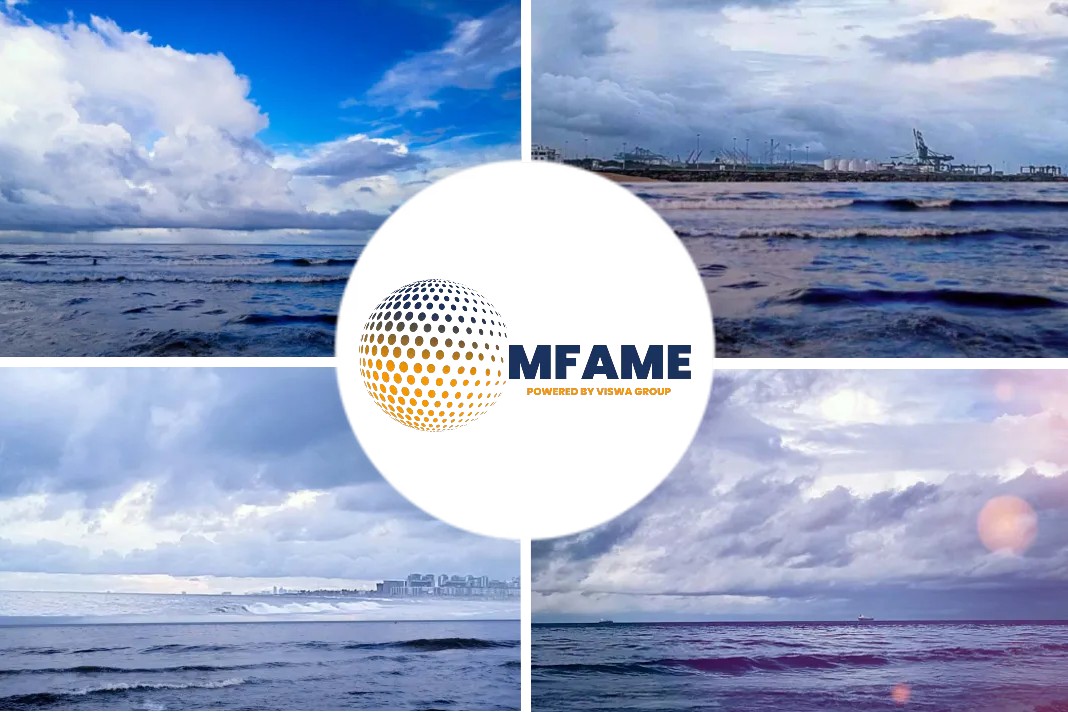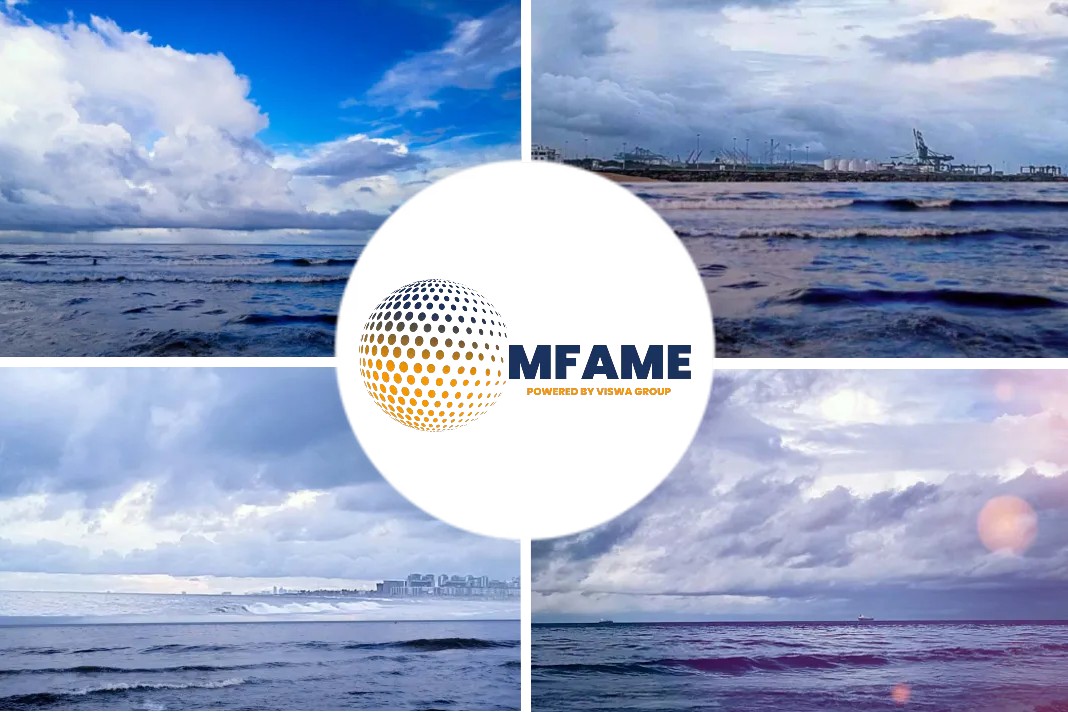 In response the challenge of fleet decarbonisation, over the last three years the AIRCOAT H2020 project has been developing an air-trapping adhesive film to be applied to ship hulls, says an article published on their website.
In response the challenge of fleet decarbonisation, over the last three years the AIRCOAT H2020 project has been developing an air-trapping adhesive film to be applied to ship hulls, says an article published on their website.
AIRCOAT project
AIRCOAT stands for AIR-induced friction reducing ship coating. AIRCOAT is a Horizon 2020 EU funded project promoting a passive air lubrication technology inspired by the Salvinia effect.
Applying the AIRCOAT technology to ship-hull surfaces will produce a thin permanent air layer when submerged in water. This will reduce the overall frictional resistance, while acting as a physical barrier between water and the hull surface. In addition to reducing energy consumption, the air barrier will inhibit the attachment of maritime organisms (biofouling).
What is Salvinia effect?
 The bioinspired technology mimics the floating water fern ‘Salvinia molesta’, which forms a permanent air layer when submerged in water and is able to maintain a stable air layer under pressure. That is the Salvinia Plant effect.
The bioinspired technology mimics the floating water fern ‘Salvinia molesta’, which forms a permanent air layer when submerged in water and is able to maintain a stable air layer under pressure. That is the Salvinia Plant effect.
This ability is particularly important for drag-reducing ship coatings. AIRCOAT project uses experimental and theoretical approaches to examine the contribution of this pinning effect for air-layer stability in different environments.
Aim
AIRCOAT aims to introduce a game-changing hull-coating and validate its potential to reduce emissions and increase energy efficiency, by
- Reducing frictional resistance
- Reducing emission of pollutants
- Reducing biofouling
- Designing application and production procedures
- Improving public awareness of AIRCOAT technology
Drag reduction
A reduction of their drag resistance would offer the possibility of a substantial decrease in fuel consumption and subsequently reduce the emission of greenhouse gases. More than 50 % of the energy required for propulsion – which is approximately 70% of the total fuel usage is used to overcome frictional resistance.
Project journey
After three years of research and small-scale experiments – in laboratories and in open water – the project is ready to test the prototypes on a larger scale. With a one-year extension – due to massive delays caused by the COVID-19 pandemic – AIRCOAT will now end in April 2022 and will be able to finalise the pilot experiments. Large-scale pilots are essential to demonstrate the efficiency and industrial feasibility in operational environments.
Did you subscribe to our daily newsletter
It’s Free! Click here to subscribe!
Source: aircoat.eu






















Good afternoon,
I am the technical lead in Njord. we are a green tech solution provider for the shipping industry. We tailor make technology packages to maximize the optimization potential for our clients vessels.
I run the Njord Accelerator, where we help integrate and pilot new technologies to grow our tech portfolio and help suppliers to go to market.
Some of my colleagues mentioned you after their recent trip to Singapore
I would like to set up an introduction meeting for us to assess a potential collaboration
Brgds
Steen